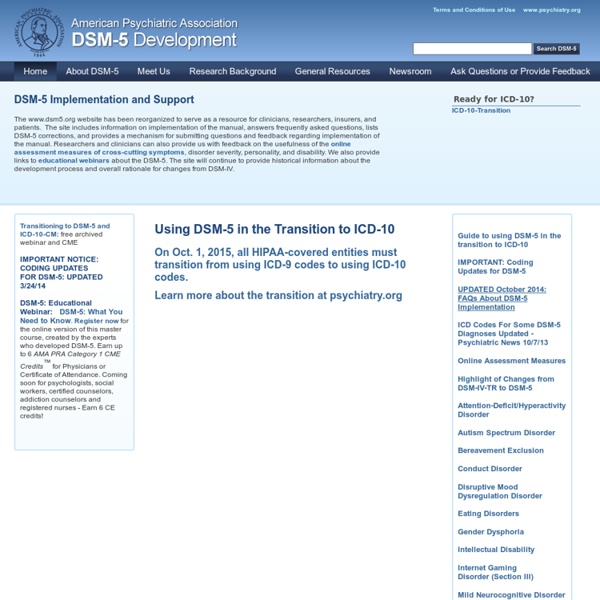How to Manage Employees That Don't Like You
Managing employees dictates a thick skin and an ability to work with an array of personality types. Sometime you may run across an employee who doesn't like you but you have to manage him anyway. This scenario can make it challenging for you to do your job, but as a manager, you must be able to overcome differences in personalities and working styles to get the job done.
Behavioral Medicine Research & Training Foundation
Contents Program Overview and Objectives page 1 List of Courses page 4 Course Descriptions page 5 Basic Clinical Skills Courses page 14 Program Costs page 14 Individual Course Costs page 15 Entrance Criteria page 15 Transfer Credits page 15 Faculty page 16 Library and Internet Utilization page 16 Dissertation Requirements page 17 Comprehensive Exam page 18 U Natural Medicine Description page 19 Contact for Further Information page 19 Sample Syllabus page 19 Grading page 21 Brief Faculty Vitas page 21 Program Credibility page 25 Program Overview and Objectives Applied psychophysiology focuses on the amelioration / treatment and prevention of disease through teaching people techniques for recognizing and correcting abnormal physiological levels of function and responses.
International Journal of Psychological Research
ISSNe 2011-7922Journal of the department of psychology of Universidad de San Buenaventura, which is located in Medellín, dedicated to promote the psychological and neuroscientific knowledge in all its ways and related sciences. INTERNATIONAL JOURNAL OF PSYCHOLOGICAL RESEARCH is the electronic version of the printed publication of the same name (ISSN 2011-2084). This publication brings together the interest and this focused knowledge referred to professionals in psychology, psychiatry, Neurology, neuroscience and human behavior; In addition, this publication is a training and relevant resource for students in the areas of mental health, neuroscience, humanities and basic areas related to psychological research. Announcements Vol 6, No 2 (2013)
Dealing with BPD in an Employee or Coworker - Borderline Personality Disorder
In 2000 a survey of the top Fortune 1000 found that every work day, 723 workers are physically attacked, 43,800 are harassed and 16,400 threatening incidents take place. These events are brought about by a difficult employee’s personality. A recent article published in the Journal of Business and Economics Research found borderline traits to be in the top three most difficult employee traits for managers and coworkers. A better understanding of personality disorders and their underlying psychological characteristics can help managers, supervisors and co-workers to better handle a difficult employee. Personality disorders can have a negative impact on the workplace. An estimated 10 million Americans have borderline personality disorder (BPD) and its symptoms can be disruptive in a working environment.
Labos & Bêtas
Important Disclaimer: This experimental software is in no way meant to be used in a production environment. Supported operating systems Windows XP x86, x64 Windows Vista x86, x64 Windows 7 x86, x64 Windows 8 x86, x64
American Psychologist®
Prior to submission, please carefully read and follow the submission guidelines detailed below. Manuscripts that do not conform to the submission guidelines may be returned without review. Submission Submit manuscripts electronically (.rtf or .doc) via the Manuscript Submission Portal.
DSM-5: The Ten Personality Disorders: Cluster A - Personality Disorders
Simone Hoermann, Ph.D., Corinne E. Zupanick, Psy.D. & Mark Dombeck, Ph.D. We have previously reviewed the four defining features of personality disorders. These are: 1) Distorted thinking patterns, 2) Problematic emotional responses, 3) Over- or under-regulated impulse control, and 4) Interpersonal difficulties. These four core features are common to all personality disorders.
Psychology
Psychology is an academic and applied discipline that involves the scientific study of mental functions and behaviors.[1][2] Psychology has the immediate goal of understanding individuals and groups by both establishing general principles and researching specific cases,[3][4] and by many accounts it ultimately aims to benefit society.[5][6] In this field, a professional practitioner or researcher is called a psychologist and can be classified as a social, behavioral, or cognitive scientist. Psychologists attempt to understand the role of mental functions in individual and social behavior, while also exploring the physiological and biological processes that underlie cognitive functions and behaviors. While psychological knowledge is often applied to the assessment and treatment of mental health problems, it is also directed towards understanding and solving problems in many different spheres of human activity. Etymology




Site officiel de l'American Psychiatric Association concernant le manuel diagnostic DSM. Ce n'est pas le site le plus complet, mais est un incontournable pour les psychologues. by nipog Jan 30